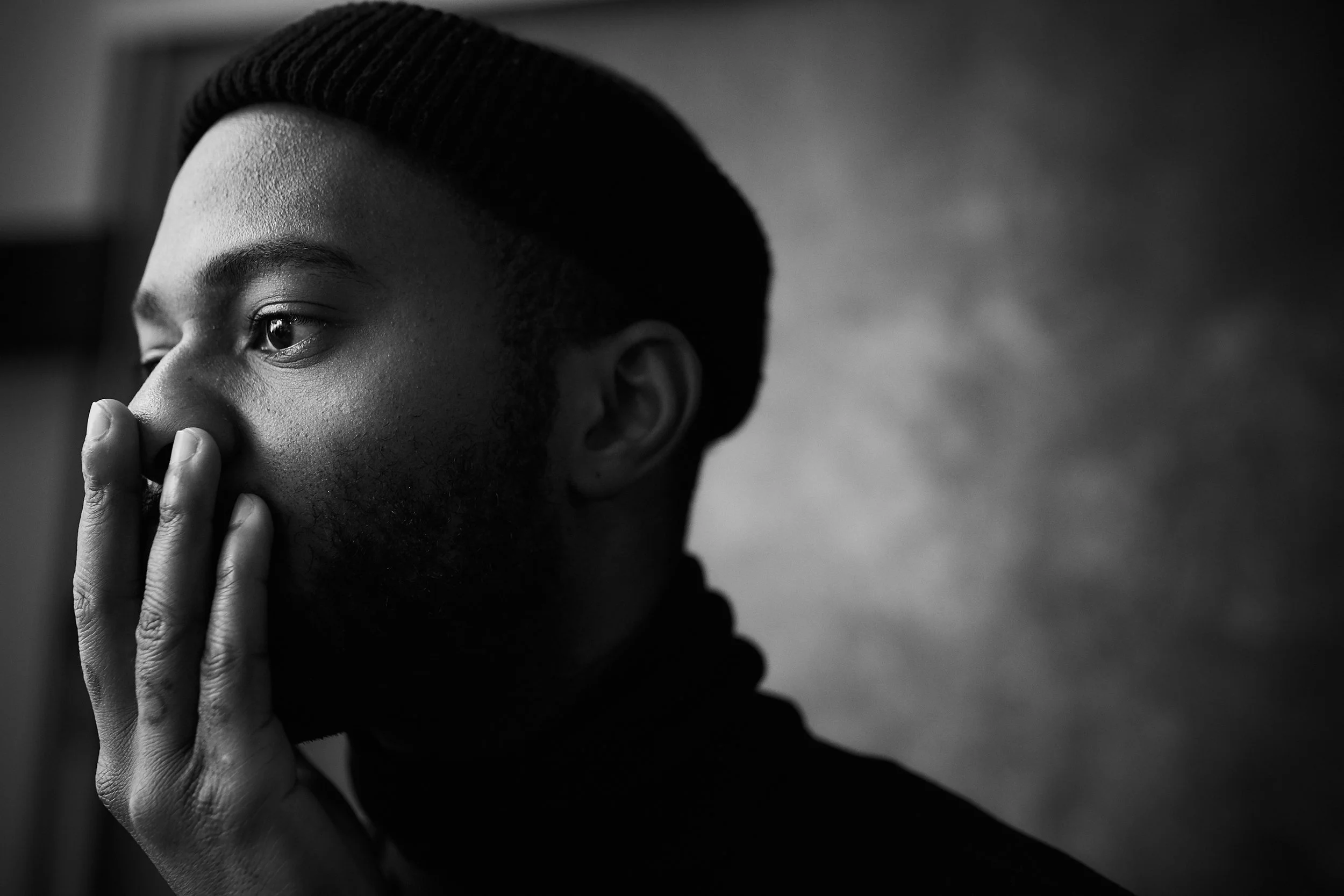From Wordslut to Overthinking
This is the second part of my reviews on writer/linguist Amanda Montell’s books. In this post I’ll cover Wordslut: A Feminist Guide to Taking Back the English Language and The Age of Magical Overthinking.
Review: Wordslut: A Feminist Guide to Taking Back the English Language by Amanda Montell
Of Amanda Montell's three books, Wordslut is the one where she feels most at home. Unlike Cultish, which was interdisciplinary and went into broader cultural commentary, this book keeps its feet firmly in linguistics (specifically sociolinguistics) and that makes a difference. You can feel her enthusiasm for the subject. It’s essentially a wide-ranging survey of feminist-oriented linguistic research, and it’s clear she loves both the material and the discipline that shaped her.
For readers who don’t have a degree in sociolinguistics, Wordslut offers exactly what they need: a readable, engaging introduction to big ideas about how language and gender intersect. Montell takes topics that often get flattened into cliché, like women apologize too much, women use “like” too often, women sound weak with vocal fry, and reframes them through the core sociolinguistic question: what’s the social function of this speech? Once you look through that lens, what’s been mocked as weakness can instead be recognized as strategies for connection, inclusion, or solidarity. That’s where the book shines.
As with Cultish, this isn’t an academic text. It’s journalism heavily informed by sociolinguistics. Which means: it’s broad, fast-moving, and highly readable, but it loses some nuance. If you want rigorous analysis, you’ll need to go to the original studies. But for intelligent, curious readers who want an overview, and who want it delivered with energy and voice, this book does the job beautifully.
That said, a few chapters felt uneven. Early on, Montell discusses men’s and women’s communication styles and offers conversation transcripts showing how women supportively interrupt each other. But when it comes to men, she simply summarizes: men tend to monologue and take turns clearly. That rang false to me—men interrupt all the time—and without parallel transcripts, the comparison felt incomplete. Later in the book, she does cover how men interrupt women as a power move, which balances out the earlier claim, but I still felt that chapter needed more work to be fully convincing.
The strongest sections for me were those on how women helped shape English historically, and how women talk to each other when men aren’t around. These chapters dug into sociolinguistic territory that feels alive and revelatory, showing the creativity, resilience, and cultural significance of women’s speech patterns. Again, none of these arguments are brand-new to sociolinguists, but Montell’s gift is accessibility. She packages the field’s key insights in a way that makes them feel fresh, validating, and fun to read.
I’d say this book will land most powerfully with women, who will feel seen in its reframing of their everyday speech. Men can certainly read and benefit from it (and they should), but the primary audience is clear. That’s not a flaw; it’s focus.
So while Wordslut didn’t teach me anything I hadn’t already encountered in my graduate studies, I enjoyed it more than Cultish. It’s Montell in her wheelhouse: feminist sociolinguistics translated into pop nonfiction. For anyone curious about the intersections of language, gender, and power without wanting to slog through academic journals, this book is a smart, engaging entry point.
Review: The Age of Magical Overthinking by Amanda Montell
By her third book, Amanda Montell has clearly settled into her lane: a hybrid of memoir and interdisciplinary cultural commentary. The Age of Magical Overthinking blends personal stories of anxiety and relationships with research drawn from psychology, sociology, linguistics, and beyond. The pattern is familiar by now: Montell uses her own life as a launchpad into bigger questions about how we live and think.
Some readers might see this as navel-gazing. I don’t. Using the self as a gateway creates urgency: why do I, and people like me, think and feel this way? In that sense, Montell’s method isn’t so different from my own solo show The Balls of Philadelphia, where I wove in outside research to make sense of personal experience. The sticking point is really categorization. If the book isn’t marketed as at least part memoir, some readers may be puzzled by the personal material. But for those who embrace it, Montell’s vulnerability is an effective entry point into broader cultural critique.
This book also sheds light on the motivations behind her earlier work. A painful seven-year relationship in her late teens and early twenties offers context for Wordslut, her feminist guide to language. Her anxious, sometimes neurotic tendencies illuminate her fascination with cults in Cultish. In that way, The Age of Magical Overthinking gives us a deeper understanding of her whole body of work.
Stylistically, the book is as readable as her others. Montell has a gift for synthesizing sprawling research into digestible, witty prose. Some reviewers have complained it feels like a hodgepodge, but I thought the throughline—anxiety and worry in contemporary American life—was strong enough to hold it together. The chapters with narrative anchors, often from Montell’s own life, are the most compelling.
If you have a background in the social sciences, you may not find much new here. But if you’re looking for a highly accessible survey of ideas that explain why so many people are feeling the way they do right now, this book delivers. It’s part self-help, part cultural study, part memoir, and very much Amanda Montell in her element.
And honestly? It’s admirable. She’s young, she’s carved out a clear niche, and she’s built a career out of writing books that resonate. That’s no small feat in a world where most people grind away at jobs they don’t love.





